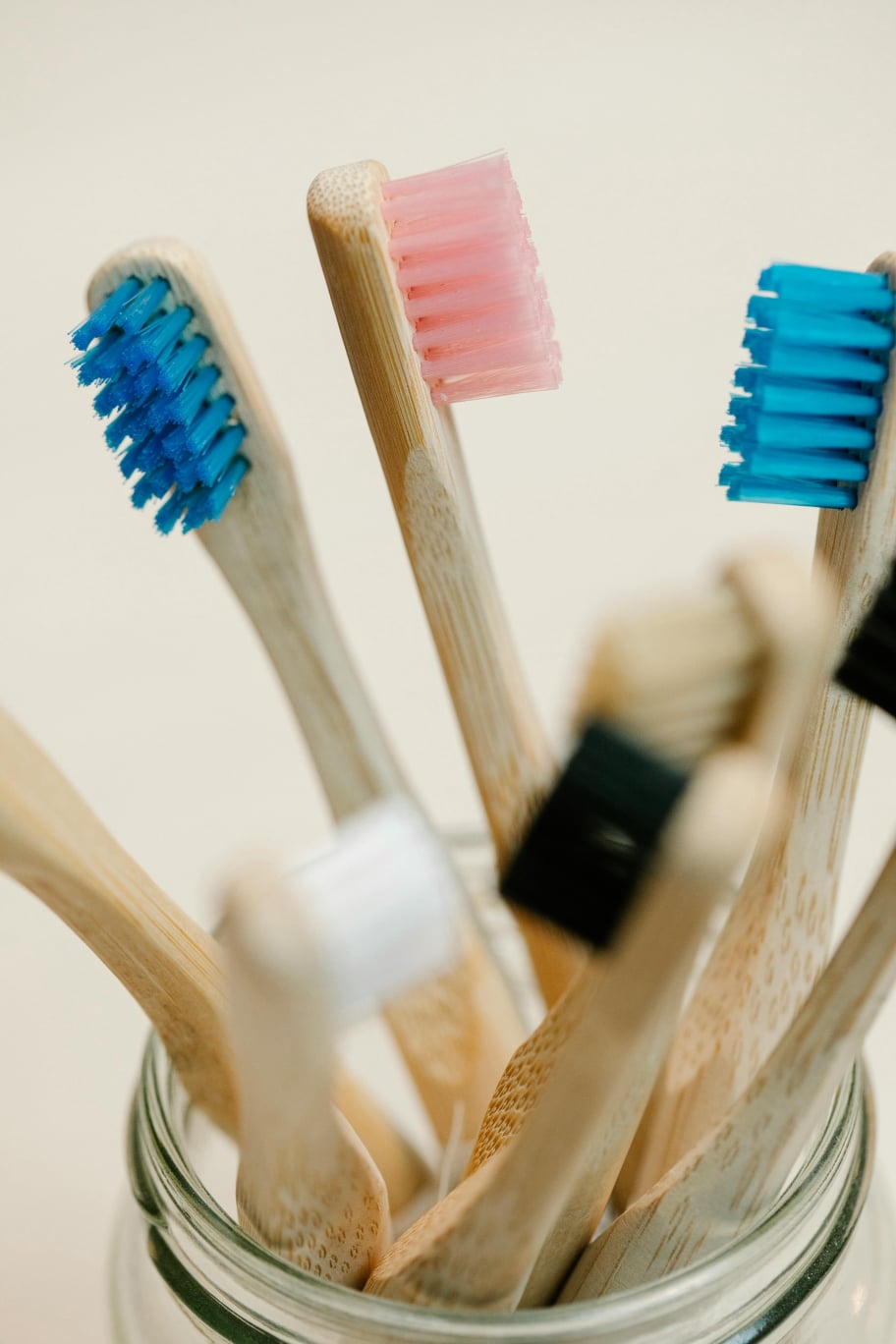
Essential Tips for Maintaining Hygiene with Fixed Dental Implants
Dental implants are a popular and effective solution for replacing missing teeth, offering both aesthetic and functional benefits. However, just like natural teeth, dental implants require proper care and maintenance to ensure their longevity and optimal performance. Maintaining good oral hygiene is crucial for preventing complications such as infections or implant failure. Here are essential tips for maintaining hygiene with fixed dental implants.
1. Brush Regularly
Brushing your teeth at least twice a day is essential for removing plaque and food particles that can accumulate around your implants. Use a soft-bristle toothbrush and a non-abrasive toothpaste to avoid damaging the implant surface. Consider using an electric toothbrush for more effective cleaning.
2. Floss Daily
Flossing helps remove debris and plaque from areas that your toothbrush can't reach, particularly around the base of your implants. Use dental floss specifically designed for implants or an interdental brush to clean between the teeth and implants.
3. Use Antimicrobial Mouthwash
Rinsing with an antimicrobial mouthwash can help reduce the risk of infection and keep your mouth fresh. Look for a mouthwash that is alcohol-free to avoid dryness and irritation.
4. Regular Dental Check-ups
Regular visits to your dentist are crucial for monitoring the health of your implants. Your dentist can perform professional cleanings and check for any signs of complications. Typically, it is recommended to visit your dentist every six months, but your dentist may suggest more frequent visits based on your individual needs.
5. Avoid Hard Foods
Chewing on hard foods such as ice, hard candy, or nuts can damage your implants or the surrounding teeth. Opt for softer foods to avoid unnecessary strain on your implants.
6. Quit Smoking
Smoking can impair the healing process and increase the risk of implant failure. If you smoke, consider quitting to improve your oral health and the success rate of your dental implants.
7. Maintain a Healthy Diet
A balanced diet rich in vitamins and minerals supports overall oral health. Foods high in calcium, such as dairy products, leafy greens, and almonds, can strengthen your teeth and bones, contributing to the longevity of your implants.
8. Be Mindful of Oral Habits
Avoid habits that can put your implants at risk, such as using your teeth to open packages or chewing on pens. These actions can cause damage to your implants and surrounding teeth.
9. Clean Your Tongue
Bacteria can accumulate on your tongue, contributing to bad breath and oral health issues. Use a tongue scraper or your toothbrush to clean your tongue regularly.
10. Use a Water Flosser
A water flosser can be particularly effective in cleaning around implants, providing a gentle yet thorough way to remove debris and plaque. It can be a useful addition to your oral hygiene routine.